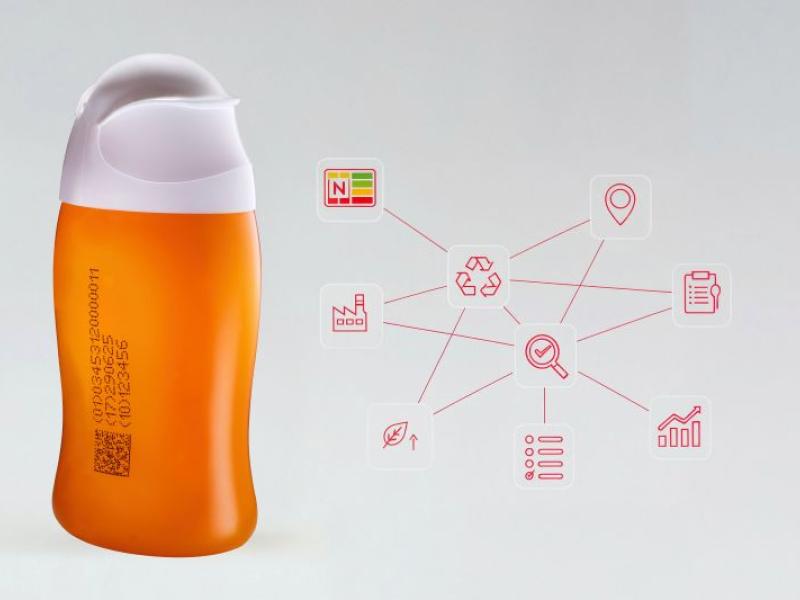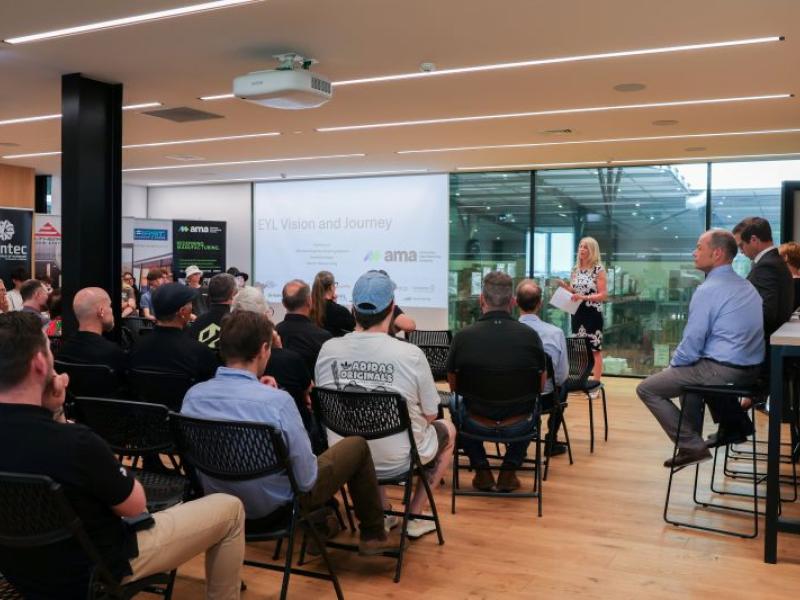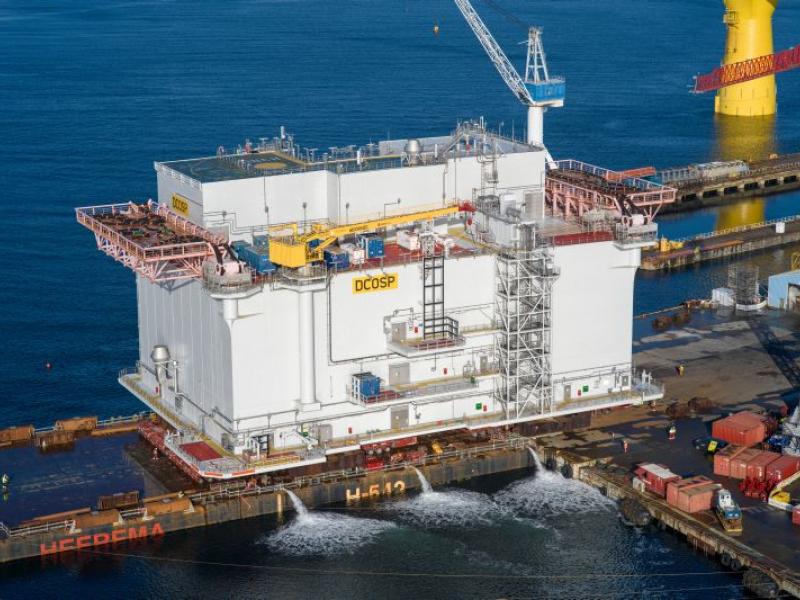Convex, an innovative New Zealand plastic packaging company, sees staff training as a strategy and a vital driver of success. During the COVID-19 pandemic, the Hamilton company actively invested in upskilling its people to stay agile through the crisis. With New Zealand businesses facing fresh economic challenges, Convex continues to follow the training strategy, showing how ongoing skills development builds a stronger, more resilient workforce.
Convex Operations Manager Aaron Collett says agility and adaptability have been the key to thriving in an industry as competitive as plastics packaging.
“Upskilling is necessary to stay competitive, and for us, competition is not just local; it’s global,” says Aaron. “Manufacturing is under pressure in New Zealand from imports, and staying competitive in the packaging business is tough. A lot of what we do is highly specialised, capital intensive, and relies heavily on skilled trained staff.”
He says while training is non-negotiable at Convex, it must also be scalable through tough times.
“Investment in training changes depending on the need, but for us, it has always been important to continue upskilling our people; it’s just ‘the where’ and ‘the how’ that changes,” says Aaron.
“As a business, we certainly have been tested, firstly during Covid and more so recently with the economic downturn. In recent years, we’ve had to navigate a new landscape in reduced demand, so all areas of the business have been reviewed. Training has been reduced in some non-core areas to reduce costs – but apprenticeships and appliance training maintain the status quo. We’ve boosted training around HR, mental health and resilience as well as group training utilising the expertise of key suppliers.”
One clear benefit of this sustained investment is agility. Trained employees can maximise production efficiency, adapt to new technologies, and take on different roles as needed. Around 15% of Convex’s 105 employees are actively engaged in training, many through industry trainer Competenz, working towards qualifications in printing, engineering, manufacturing apprenticeships, and health and safety programmes.
“A sound level of training gives staff the ability to maximise the setup and speeds at which machines can be run, and cross-training in certain areas gives us flexibility to move staff around as the work changes,” says Aaron.
The majority of Convex’s workforce has completed foundational manufacturing training. This enhances individual skills and strengthens the company’s ability to retain staff and build long-term careers.
“Over the years, we’ve put over 70 per cent of our staff through basic manufacturing levels with Competenz as it gives them scope, confidence and the ability to learn new skills whether they use it at work or for personal growth. Frontline management courses for staff becoming supervisors has definitely paid dividends, giving staff structure and confidence to supervise effectively, and there has never been a time when we haven’t had a printing apprentice,” Aaron adds.
“Like any manufacturing business, you can’t be doing what you did yesterday. Having continuous improvement notions and attitudes ingrained in a business is gold, and that’s hard to do. You train to future-proof.
“Any training you give staff where they are empowered to participate and contribute will benefit the business and the individual staff member. We have been through testing times, but training has helped us become more agile and reactive as the industry landscape has changed.”
Training requires commitment, resources, and employees' willingness to embrace new challenges. In a period when many businesses are cutting costs to navigate financial pressures, Convex’s ongoing commitment to upskilling staff stands out as a forward-thinking approach to economic resilience. Yet, the long-term gains significantly strengthen the workforce and the business, making the effort well worth it.
Competenz training advisor Phil Jones, who has worked with Convex for the past decade, says this forward-thinking approach sets the company apart.
“I feel very fortunate to work with companies like Convex who are passionate about investing in training, even through adversity. They are helping grow the New Zealand economy through these actions,” says Phil.
“The plastics sector has many unique traits, and finding skilled workers isn’t just a matter of advertising. A lot of time and experience is required to understand and master the art of film production, printing, laminating and converting, so having a training pathway is attractive to jobseekers and ensures business continuity, company growth, and the ability to innovate in the marketplace.”
The reality of today’s workforce is that employees don’t always stay in one place for life. But even when trained staff move on, the investment isn’t lost.
“The days of a job for life are almost gone, so you must expect that people will move away from your business. We need to be thinking holistically. You may train a person, then they may take these skills into the wider workforce and grow and improve in a different workplace. Ultimately, your training will help the New Zealand economy grow, which is good for everyone. If New Zealand businesses prosper, as a nation, we can prosper too,” Phil explains.
Aaron agrees that training is altruistic – the gains are felt by more than the employer and employee.
“Training empowers staff by equipping them with the skills to grow and develop within the company. It gives them confidence and purpose and definitely helps with staff retention. A large percentage of our staff have been here 10 years plus and some 20 and 30 years! Training helps solidify careers, provides direction, and gives people knowledge to better themselves. In turn, it positively influences their family life and community interaction. I share the same view as our director Owen Embling – in tough times, you cannot afford not to train your people.”






